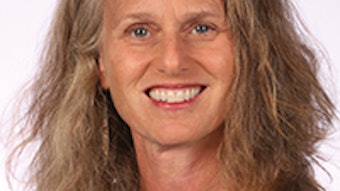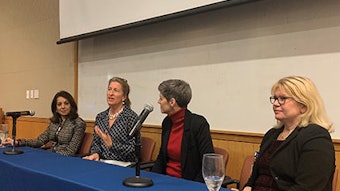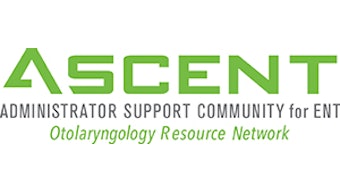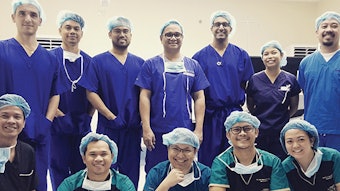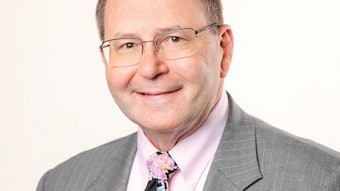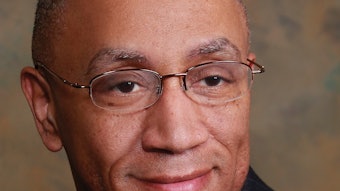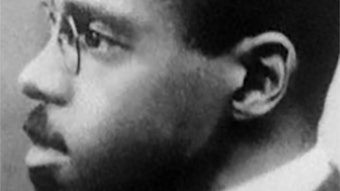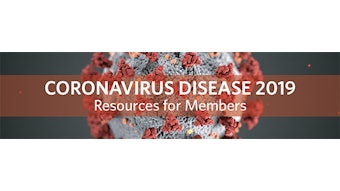Humanitarian Travel Grant: Grant Recipient Travels to Philippines
As a PGY4 at Mount Sinai, I have been looking forward to the opportunity to participate in a medical mission since residency began. When I was told the nonprofit Sustainable Surgery was putting together a skull base team mission to Manila, I leaped at the chance to join.
Arvind K. Badhey, MD
As a PGY4 at Mount Sinai, I have been looking forward to the opportunity to participate in a medical mission since residency began. When I was told the nonprofit Sustainable Surgery was putting together a skull base team mission to Manila, I leaped at the chance to join.
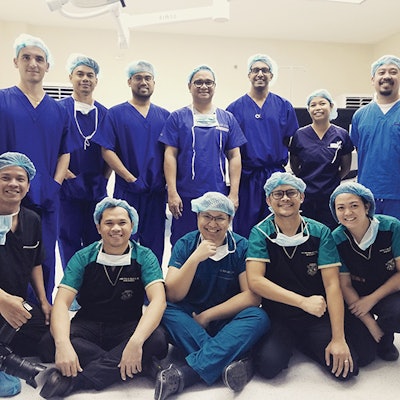
While the University of Santo Tomas and Jose R. Reyes Memorial Medical Center already have cutting-edge surgical instrumentation and patients in desperate need of complex care, their residents lack exposure to extended skull base approaches. An established history of combined approaches with neurosurgery and otolaryngology is something not regularly practiced at such institutions in the Philippines. Our goal was to act as a bridge to foster such collaborative and long-lasting relationships between these departments. With the help of an educational symposium involving interdisciplinary cases and discussion, we were able to demonstrate this collaborative model in action.
As the first resident to join the mission, I had a rare educational experience. The level of complex pathology was unlike anything I have experienced thus far in training. In addition, I have an interest in global health as part of my academic career and being able to watch a mission start from the ground up was full of new lessons. Sustainable Surgery, as a new nongovernmental organization (NGO), has quickly expanded its role within the Philippines and built an interdisciplinary infrastructure.
Our mission was an unforgettable and inspiring example of effective ways in which to care for patients while imparting knowledge on combined skull base approaches.
This experience has put me in an ideal position to connect with passionate physicians who are motived on a global scale to improve patient access and care. Thanks to the Academy, I was able to reaffirm my hope to make global healthcare a part of my professional career—leading to a long commitment to global collaboration and humanitarian work.

